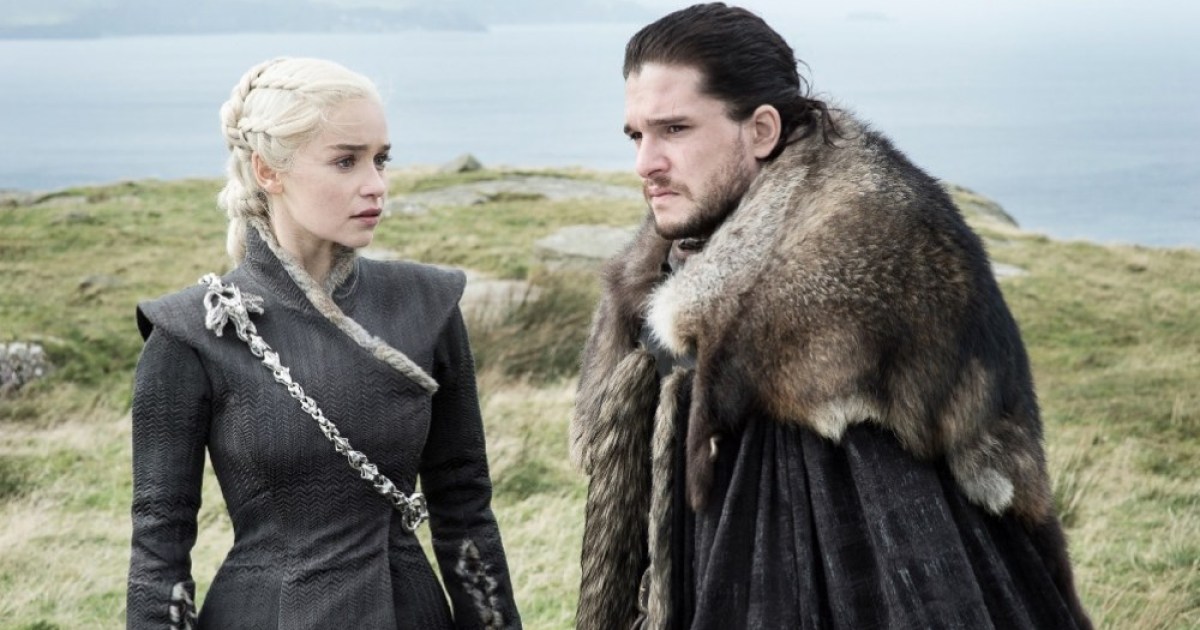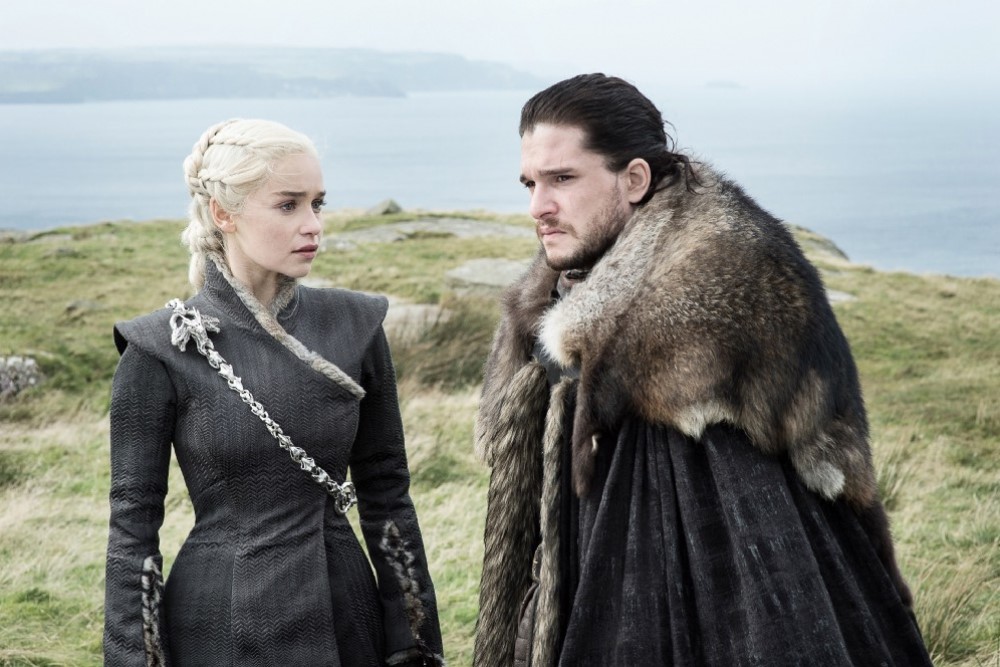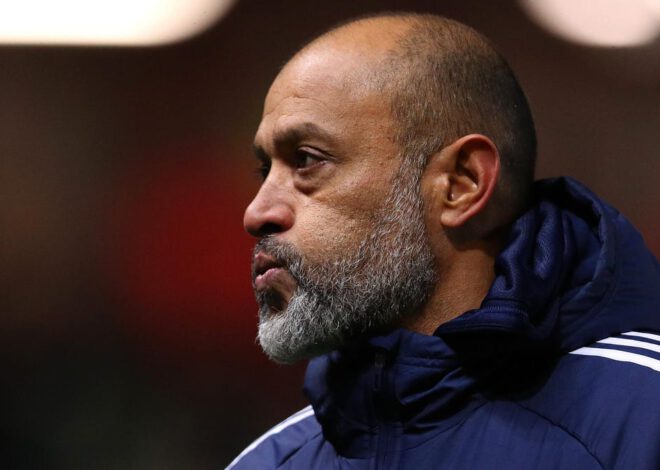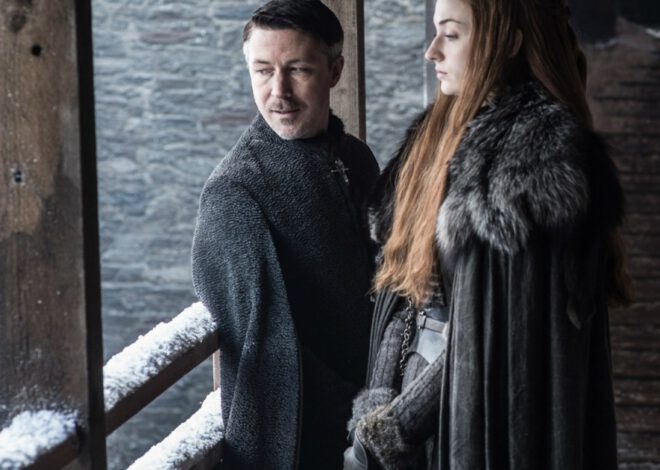
An AI Read All The ‘Song Of Ice And Fire’ Books, And Then Wrote Its Own
 Helen Sloan/HBOWhen it comes to information processing, computers tend to be way faster than we are. The same thing may be true when it comes to generating new plotlines for A Song of Ice and Fire, the series of novels better known to TV fans as Game of Thrones. After all, with six years having elapsed since his last book, 2011’s A Dance With Dragons, was published, author George R.R. Martin certainly appears to be in no rush to publish its follow-up — which is why the producers of the TV show are currently coming up with their own storylines.
Helen Sloan/HBOWhen it comes to information processing, computers tend to be way faster than we are. The same thing may be true when it comes to generating new plotlines for A Song of Ice and Fire, the series of novels better known to TV fans as Game of Thrones. After all, with six years having elapsed since his last book, 2011’s A Dance With Dragons, was published, author George R.R. Martin certainly appears to be in no rush to publish its follow-up — which is why the producers of the TV show are currently coming up with their own storylines.
That’s where the work of one computer science-savvy fantasy fan enters the picture. Colorado-based software engineer Zack Thoutt has trained a recurrent neural network (RNN) to predict events for the as-yet-unfinished sixth novel in the series, The Winds of Winter. As with the real-life writers on the TV show, the data set the RNN is gleaned from the roughly 5,000 pages of existing novels in the series. It was then set to generate chapters, with Thoutt kicking each one off by giving the AI a “prime word” to riff on, before letting it go off in its own direction.
The results read like a fascinating — oftentimes weirdly nonsensical — parody of Martin’s own style. For example, here’s an excerpt from chapter four (the network has so far generated five chapters in all):
“The great sept of old wyk had set around the King’s gate back, and blackened arms but the direwolf in its fork. A hundred yards east, Ser Jorah lingered to where the banners wending their descent down a long ways of rain. The marsh was ladling out beef-and-barley stew, cold as shy of three colors, chunks of butter.”
It also suffers a few chronology errors, such as writing in characters who have already died in previous books. Nonetheless, the generated chapters are intriguing examples of computational creativity in action. And there are enough murders along the way to keep even the bloodthirstiest Game of Thrones happy!
Our serious question, though — if neural networks get as good at generating text as they’re getting at carrying out other tasks, who deserves the author credit: the AI, the original author, or the person who trained the neural network?


